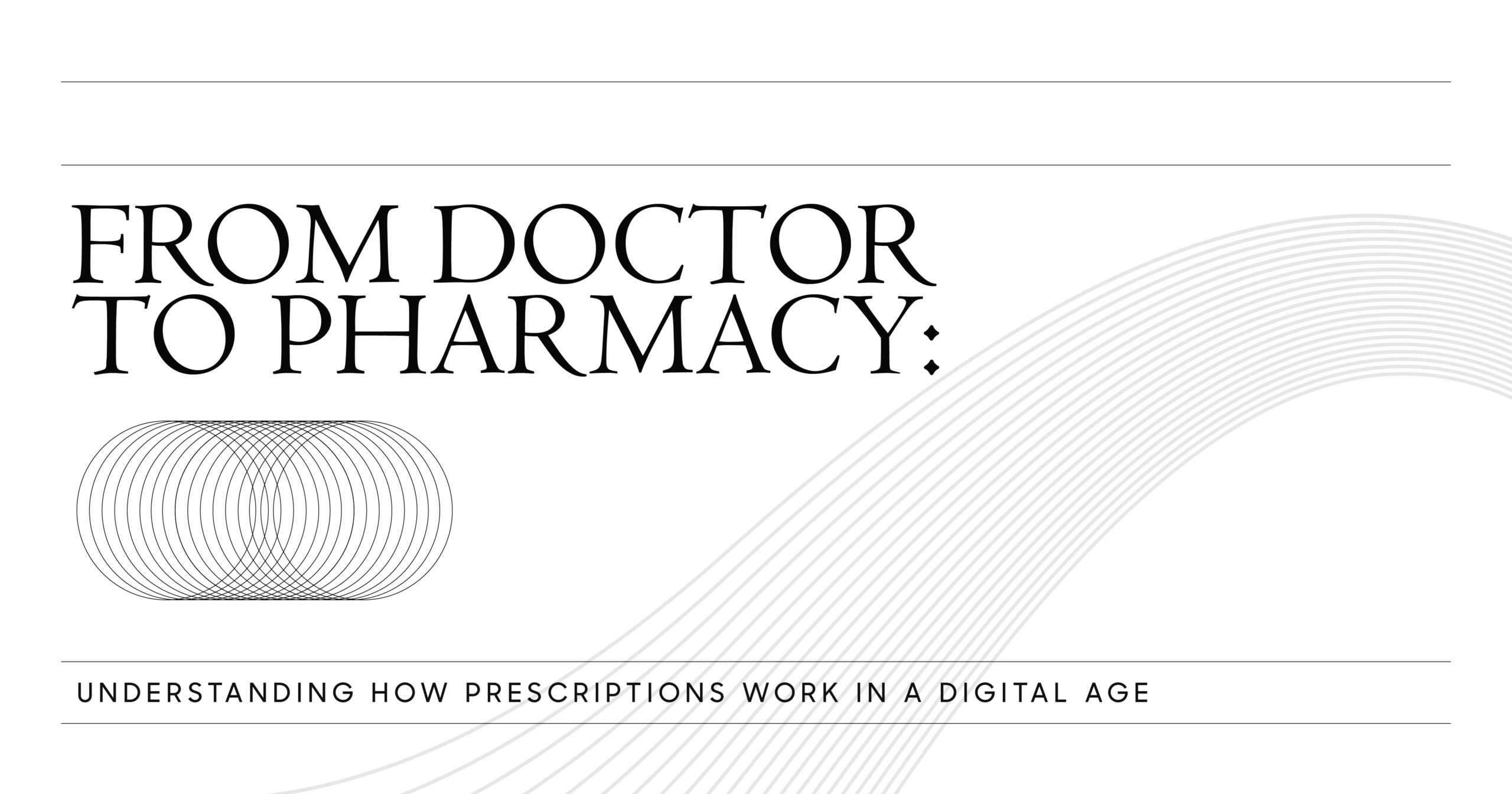Research shows that, in all industries, the average worker is productive for just about 60% of the day. 100% isn’t necessarily the goal, but improving productivity can help you feel more confident and balanced at work. If you have your own practice, boosting overall productivity can also help you obtain more clients and retain more money.
Here are the top 15 tips to consider.
Track Time for Workplace Productivity
The first step to understanding your productivity at work is assessing how you spend the bulk of your day. You might think you fill your time meeting with clients. But a time tracking tool may reveal just how much time you spend completing paperwork, making phone calls, spending time on social media, and more.
Tracking time becomes especially crucial if you want to raise rates or hire new staff. You need to know how much your TOTAL working hours cost (and not just the amount you earn per client). Likewise, when you track time, you inevitably start to save time because you’re less prone to distraction.
Implement The Two-Minute Rule
If you struggle with procrastination, the 2-minute rule is one of the simplest productivity hacks. The premise is simple: if a task takes fewer than two minutes to complete, do it as soon as you can.
You can scale this down to nearly every task on your list. “Finish all my paperwork” becomes “Finish one section of a note.” “Redo my website” becomes “Open my website editor.”
The idea of this productivity tip is to make a challenging habit simpler to start. Anyone can do something for two minutes, and this is how people learn to master time-blocking.
Act ‘As If’ You’re Productive to Build More Productivity at Work
The ‘fake-it-til-you-make-it’ trick can work well with completing certain tasks and feeling more productive. If possible, try to imagine that you’re your own role model. Do what you consider a productive therapist might do. And if you struggle, aim to practice that same level of kindness and self-compassion you’d extend to them (or to a client).
Make Two To-Do Lists (Instead of One To-Do List) Each Morning
To-do lists are popular when it comes to workplace productivity and for a good reason. Putting it on paper makes it real, and when it feels real, it’s more likely to get done.
This dual strategy, however, can be essential for increasing work productivity. On the first list, write down everything that absolutely must be done by the end of the day. This includes everything from client sessions to insurance reviews to sending emails. The key is to ONLY put down the tasks that need to be finished by the time you end work.
On the second list, write down anything that you’d like to get done. Even though these aren’t low-priority tasks, they aren’t as timely as the tasks on the first list. Having this list provides you reference on what you can do next if you have a last-minute cancellation or finish a certain task faster than expected.
Know When Your Energy Is Highest
Most people find that it’s better to prioritize their most important tasks during their peak energy levels. With that, if you’re a morning person, aim to focus on seeing clients during the earlier hours. If you tend to lose steam around 2 pm, consider scheduling that block of time for lunch or reading emails.
Increasing productivity is about knowing what works best for you. Some people also benefit from starting with smaller tasks to build confidence and competence throughout the day. Completing them then helps them feel motivated to tackle more tasks.
Set Your Phone to ‘Do Not Disturb’
The average U.S. smartphone owner receives over 46 notifications each day.
While certain reminders may have some merit, every time you check your phone, you risk wasting time reading, scrolling, and spending time away from work. Silencing your phone, changing the settings to ‘do not disturb’, or putting your phone somewhere else altogether can help improve productivity.
Stop Multitasking (Even Repetitive Tasks)
Research shows that the overwhelming majority of people can’t multitask well. When you try to multitask, you inevitably waste time switching from one task to another. This can cause you to make mistakes, and it can actually hinder your business success.
Instead, take a note from some of the most renowned business leaders and focus on completing each task at a time. It may feel more tedious, but your work performance will likely improve in ways you didn’t expect.
Take Even More Short Breaks
Although it may seem counterintuitive, prioritizing more regular breaks during the day may boost your productivity and better help you meet your own deadlines.
Some studies suggest that it’s optimal to rest for about 20 minutes for every 90 minutes of work. This math can work nicely for therapists- for every 45-50-minute session, allot yourself those 10 minutes to relax. If you struggle to allow yourself time for rest, remind yourself that these breaks are built in to help you stay focused on the most important task- the ability to help your clients.
Make Monthly Goals for Your Practice
Adhering to a to-do list ensures that you complete tasks each day. But don’t make the mistake of getting so lost in the day-to-day work that you lose sight of your big-picture goals.
What are your career dreams? Do you want to open your practice? Do you want to expand your current practice into a group practice? Do you want to get certified in a new modality, write a book, or pursue some other professional creative project?
These dreams require more planning than daily to-do lists, so it’s helpful to sit down and draft your monthly goals each month. Then, you can break down those goals into specific tasks to follow each day or week.
Outsource At Least One Task Right Now
One of the worst mistakes a therapist can make is doing absolutely everything themselves. While that strategy can save money, the effects may only be short-lived. Sometimes, increasing personal productivity means knowing when to prioritize delegating tasks to other people. This can reduce the burden of time-consuming tasks, freeing you to focus on what matters most: client care.
Therapists can outsource many tasks, including:
- Hiring a virtual assistant for graphic design and social media
- Using a bookkeeper to manage the books
- Hiring another therapist to manage new intakes or an overflow of clients
- Using automated tools to manage scheduling
- Working with a biller to manage insurance needs
Optimize Your Work Environment
Therapists know the importance of having an ideal environment for their clients. But have you ever considered how your environment impacts your own productivity levels?
Think about what helps you feel inspired. If you work from home, it’s paramount to have a space that feels both cozy and inviting. Prioritize natural light and comfort. Remember that clutter can be distracting, so at the end of each work day, tidy up (and do a deeper clean about once a week). Invest in tools that will help you do your job faster and with more ease (i.e. an ergonomic chair, a portable coffee maker, necessary office supplies).
Set Fixed Work-Life Boundaries
Many people feel they can be more productive at work when they preserve their emotional energy at home. Barring emergencies, try to ensure that you complete all clinical and administrative tasks when you’re at work. This creates a clear separation of time, and that can help you feel more focused when you need to be focused.
Look After Your Physical Health
All the productivity techniques in the world won’t make much of a difference if you feel completely sluggish or worn down. Every therapist knows that dreaded feeling of mental exhaustion- it hurts both you and your clients, and it can be a driving catalyst of burnout.
Having enough energy during the workday is key to boosting productivity. This starts from the inside, and it includes engaging in self-care, such as eating nutritious foods regularly, getting plenty of physical exercise, and ensuring that you get enough sleep.
Talk to Your Own Therapist About Issues With Time Management
If you’re still struggling to increase employee productivity despite integrating these suggestions, it may be beneficial to meet with your own therapist. Many mental health problems, including anxiety, ADHD, and depression can interfere with your business productivity and time management.
Every productivity system is highly individual, and the value of all the tasks you need to complete inherently differs from that of therapists or employees. You may find that you get more value working through some of the underlying issues impacting your productivity than simply trying to bulldoze your way through important projects.
Optimize Your EMR System With Navix Health
We know that onboarding new clients, making treatment plans, filling out insurance forms, and completing notes are among the most tedious (and dreaded) tasks for therapists. Better productivity starts with implementing better systems.
At Navix Health, we provide a comprehensive platform so mental health professionals can increase productivity and optimize their business strategy. We are constantly reshaping and redefining how we support company leaders, and we provide a variety of custom tools to help you better help your clients.
Get in touch with us today to schedule your custom demo.



